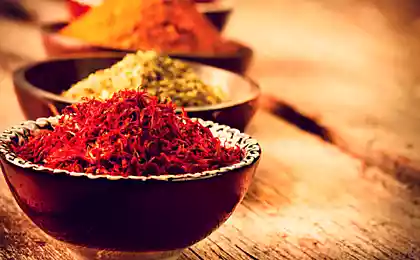380
Walnut Mayan: in Guatemala are trying to revive ancient food
Ramon nut (ramón nut) is the seed of the tropical fruit, which ripens and falls to the ground cover. In the Peten region of Guatemala (Petén), this food was once a staple in ancient Maya diet, so it can also be called the Maya nut. Walnut was used in the region for centuries, and today there is a chance to use it as a primary tool in the fight against malnutrition.
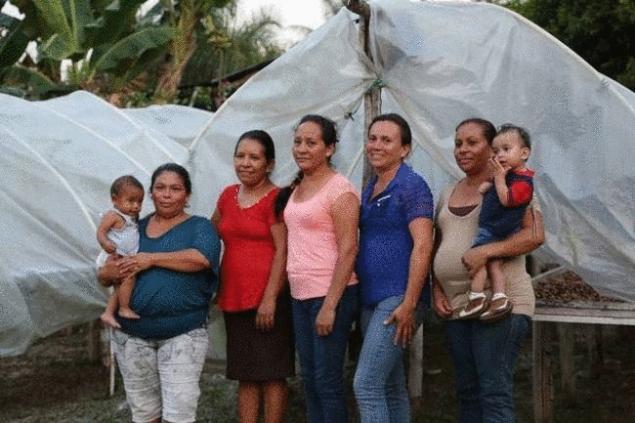
The expert on forestry Jorge Sosa (Jorge Soza) — one of working to promote benefits of Ramona, which educates people on sustainable harvesting. He said that traditionally, the nuts were ground into a thick porridge-like drink called "atol", or turned into food in the form of tortillas. New technology allows you to fry and grind the nuts into flour, which can be used for making all types of biscuits, bread, cakes, soups and even similar coffee drink. The fruit has a sweet flavor comparable to mango, while the fried flour spicy, a little like almonds and a bit of cocoa.
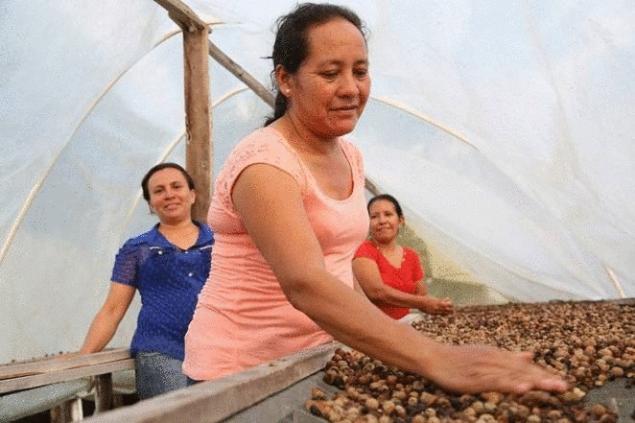
José Roman Carrera (Carrera José Román), which operates throughout Central America for the Rainforest Alliance and grew up in petén, said that the nut is usually eaten only during the harvest season when it drops. However, when nuts are roasted it can be stored for a port to five years. "We want to encourage local consumption," he said. Over the past five years, the Rainforest Alliance "works with forest communities to achieve this goal, as well as capacity-building for the export market."
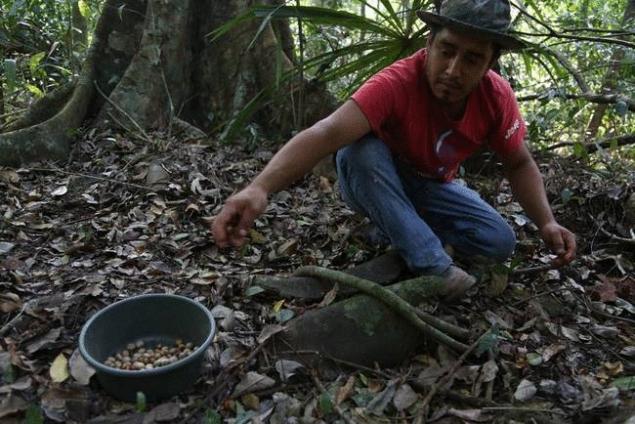
Nuts — a boon for the region, which has difficulties with shortage of food during malnutrition among children drought. Walnut has high fiber and calcium, and is also a source of protein, potassium, iron and other vitamins. Its flour is more nutritious than grain or rice. The Rainforest Alliance has helped to launch a pilot project that provided schools snacks, enriched with Romanovoj peanut flour, because the food served at school is often one of the most important sources of calories for many children. Twenty-two schools participated in the pilot project, which was well received. Now, Roman Carrera said that they are trying to work with the Minister of education to buy products made of walnut for more schools in the region. According to the world food programme, approximately 70 percent of the population in local areas of Guatemala are faced with chronic malnutrition.
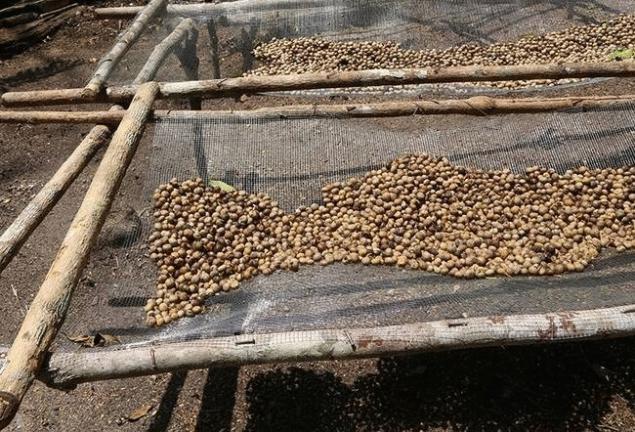
Processing walnut Ramon also creates employment opportunities for women. A group of members of the forestry community formed the Committee "Comité de Condena de Valor de la Nuez de Ramón" together to operate within the exploitation and processing. Benedict Dionisio, President of the Committee, said the facility employs 50 women on rotational basis where the earnings are higher than the local minimum wage per day. Although the work is not full time, women in this region have few employment opportunities and work on the processing plant is a welcome source of additional income.published
P. S. And remember, only by changing their consumption — together we change the world! ©

The expert on forestry Jorge Sosa (Jorge Soza) — one of working to promote benefits of Ramona, which educates people on sustainable harvesting. He said that traditionally, the nuts were ground into a thick porridge-like drink called "atol", or turned into food in the form of tortillas. New technology allows you to fry and grind the nuts into flour, which can be used for making all types of biscuits, bread, cakes, soups and even similar coffee drink. The fruit has a sweet flavor comparable to mango, while the fried flour spicy, a little like almonds and a bit of cocoa.

José Roman Carrera (Carrera José Román), which operates throughout Central America for the Rainforest Alliance and grew up in petén, said that the nut is usually eaten only during the harvest season when it drops. However, when nuts are roasted it can be stored for a port to five years. "We want to encourage local consumption," he said. Over the past five years, the Rainforest Alliance "works with forest communities to achieve this goal, as well as capacity-building for the export market."

Nuts — a boon for the region, which has difficulties with shortage of food during malnutrition among children drought. Walnut has high fiber and calcium, and is also a source of protein, potassium, iron and other vitamins. Its flour is more nutritious than grain or rice. The Rainforest Alliance has helped to launch a pilot project that provided schools snacks, enriched with Romanovoj peanut flour, because the food served at school is often one of the most important sources of calories for many children. Twenty-two schools participated in the pilot project, which was well received. Now, Roman Carrera said that they are trying to work with the Minister of education to buy products made of walnut for more schools in the region. According to the world food programme, approximately 70 percent of the population in local areas of Guatemala are faced with chronic malnutrition.

Processing walnut Ramon also creates employment opportunities for women. A group of members of the forestry community formed the Committee "Comité de Condena de Valor de la Nuez de Ramón" together to operate within the exploitation and processing. Benedict Dionisio, President of the Committee, said the facility employs 50 women on rotational basis where the earnings are higher than the local minimum wage per day. Although the work is not full time, women in this region have few employment opportunities and work on the processing plant is a welcome source of additional income.published
P. S. And remember, only by changing their consumption — together we change the world! ©























